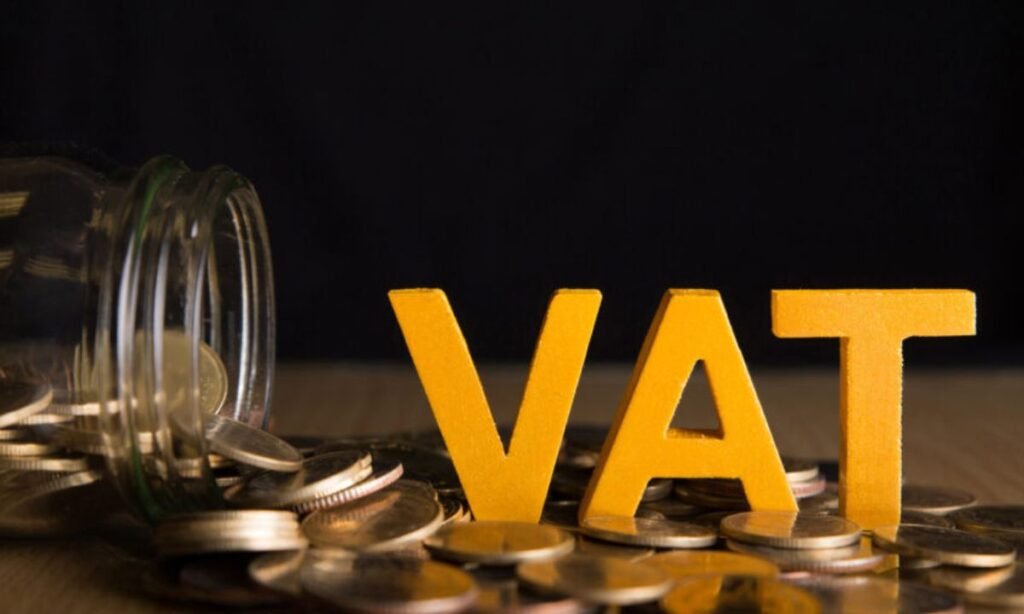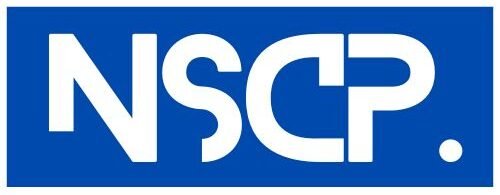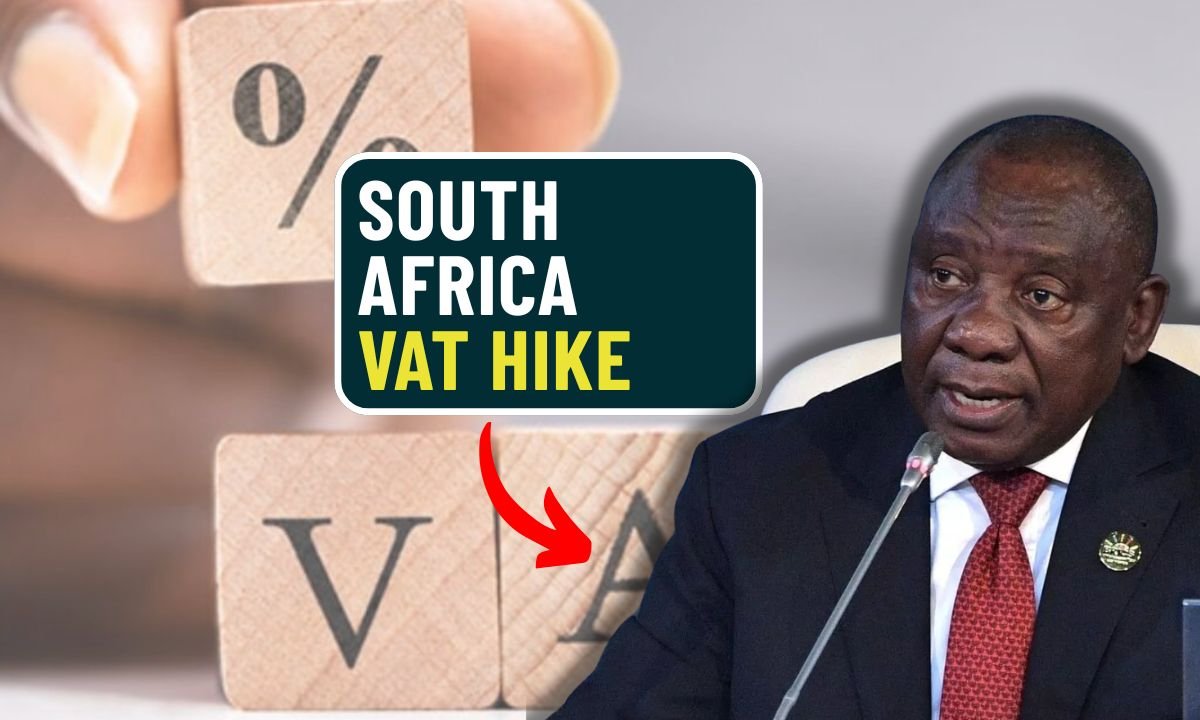South Africans are no strangers to high taxes, but the proposed Value Added Tax (VAT) hike has set off alarm bells across the country. With the current VAT rate at 15%, government plans to raise it by 0.5% in 2025/2026 and another 0.5% the following year have triggered concerns about increased financial strain. Citizens already contend with personal income taxes, fuel levies, municipal rates, and excise duties, making this potential rise feel like a final blow to financially stretched households.
VAT’s Ubiquitous Reach Makes It an Emotional Topic
The core of South Africa’s tax system rests heavily on VAT, a broad-based consumption tax affecting nearly every product and service outside of zero-rated goods. Its all-encompassing nature means that any increase, however small, reverberates through all corners of society. From groceries to household essentials, the price tag rises impacting everyone, but particularly those who can least afford it. Unlike corporate taxes or customs duties, VAT is paid by nearly every citizen, every day.
Treasury Justifies the Increase Amid Budgetary Deficits
The National Treasury argues the hike is essential to close yawning fiscal gaps and fund critical public services such as healthcare, education, and social grants. Finance Minister Enoch Godongwana insists that this phased approach is designed to soften the impact while still boosting revenue. Government coffers are running thin, and with debt levels rising, officials claim there are few other viable alternatives. However, many South Africans view this justification as out of touch with the real economic pain felt on the ground.
Economists Sound Alarm on Consumer Fallout

Dr. Johann Frederich Kirsten of the University of Johannesburg warns that even a modest VAT increase will heavily impact already struggling households. With inflation eroding purchasing power and unemployment rates remaining stubbornly high, many citizens are financially tapped out. Kirsten highlights how increased consumption taxes will deepen poverty levels and potentially widen inequality outcomes that contradict the government’s stated social objectives.
Middle-Income Earners Caught in the Crossfire
Perhaps the most vulnerable group is South Africa’s “missing middle” citizens who earn too much to qualify for government aid but not enough to weather rising costs with ease. These individuals face a double bind: they shoulder the burden of increased VAT while receiving little to no support. For this group, the tax hike is more than a budget issue it’s a serious threat to their financial stability, daily survival, and hopes for upward mobility.
Real Voices Reflect Growing Public Desperation
Stories like that of Zandspruit resident Dineo Mosinki put a human face to this policy debate. As an unemployed mother of five relying on social grants, she fears the VAT increase will force her to choose between food, electricity, and school supplies. Her plea is clear: prioritize job creation and economic opportunity over tax hikes. Mosinki’s voice echoes a broader sentiment one that questions whether the government truly grasps the lived realities of its citizens.
Toward Recovery, Is There an Alternative Path?
While government leaders defend the VAT hike as unavoidable, critics like Professor Jannie Rossouw suggest a different route. He argues that cutting government expenditure, streamlining the Cabinet, and reducing bureaucratic overhead would be more effective than raising taxes. Economic growth, not increased taxation, should be the engine of fiscal recovery. Expanding the economy would enlarge the tax base and alleviate the need for such painful trade-offs offering a path that supports both development and dignity.

